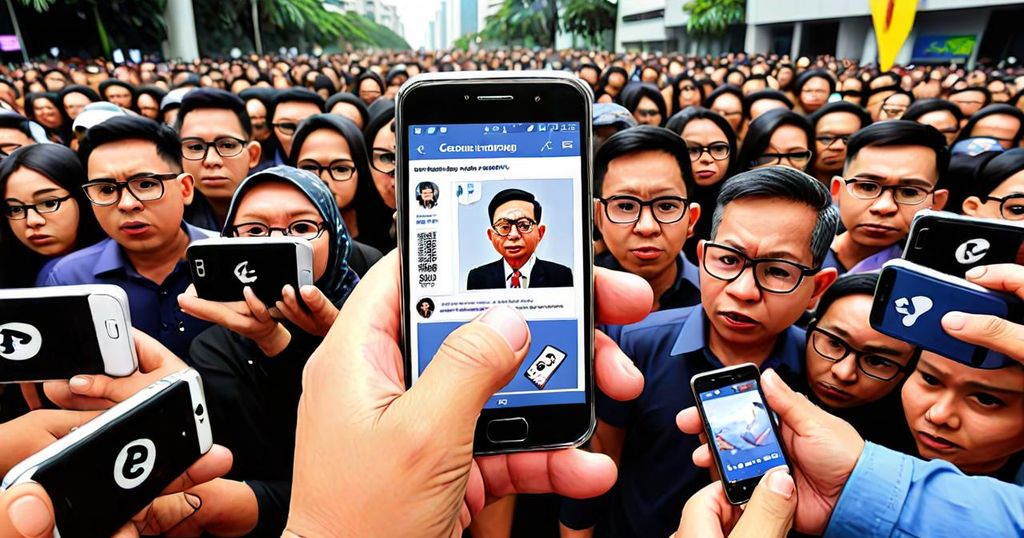In recent weeks, the intention of the Malaysian government to license social media and messaging platforms has sparked apprehension regarding potential abuse of power. The Special Select Committee on Nation Building, Education and Human Resources Development held a parliamentary hearing on July 2 to address these apprehensions. Chairman Saifuddin Abdullah informed The Straits Times that the committee received a briefing from senior officials at the communications ministry and the Malaysian Communications and Multimedia Commission (MCMC).
During the briefing, the committee requested a comprehensive report detailing the number of content removal requests annually, dating back to 2020, and categorized by type, such as scams, pornography, and political content. This request aimed to gain a thorough understanding of the regulatory authority necessary for the government.
Datuk Seri Saifuddin emphasized the significance of all involved parties comprehending each other in order to tackle the issue of freedoms versus abuse of power. He held the position of communications and multimedia minister from March 2020 to August 2021.
Further concerns about the proposed licensing plan were articulated in an open letter directed to Malaysia’s Prime Minister Anwar Ibrahim. Signed by 44 organizations and 23 individual activists, the letter described the licensing proposal as a “blatant abuse of power” and “an attack on a healthy, functioning democracy.”
The heightened scrutiny of social media platforms follows TikTok’s disclosure that Malaysia made the highest number of content removal requests in the latter half of 2023. This surge in takedown requests occurred during the first year of Mr. Anwar’s leadership.
The potential regulation of social media and messaging platforms has raised worries about overexpansion among stakeholders. The licensing plan aims to facilitate revenue-sharing with local content producers and address harmful and illegal content. The government has proposed a kill switch to take down content, mandated content moderation and algorithm audits, and required platforms to operate under local law.
However, these proposals have encountered opposition from industry and civil society representatives, who expressed doubt about the lack of emphasis on digital revenue-sharing and raised concerns about the proposed measures being excessively far-reaching.
The concerns about potential regulation of social media platforms coincide with growing allegations of stifling freedom of speech and increased online censorship in Malaysia. The opposition Perikatan Nasional has been particularly affected by the crackdown on social media platforms.
The government’s actions have elicited criticism, and numerous civil society groups and political organizations have voiced their concerns about the administration’s expansion of censorship and suppression of criticism.
Malaysia has witnessed an uptick in harmful online content, including hate speech and online scams. The need for an online safety Bill to empower the government to suppress online content has raised further concerns about the expansion of authoritarian powers.
The Malaysian government’s push to regulate social media platforms has initiated a debate about the balance between safeguarding online spaces and preventing government overreach. As the authorities continue to address these concerns, it is essential to consider the implications of these regulations on freedom of speech, public participation, and democratic principles.
The proposed regulation has brought to light the intricacies of governing the digital sphere while upholding civil liberties. The need for robust measures to tackle harmful content must be carefully balanced with ensuring that these measures do not impede freedom of expression and public discourse.

Leave a Reply